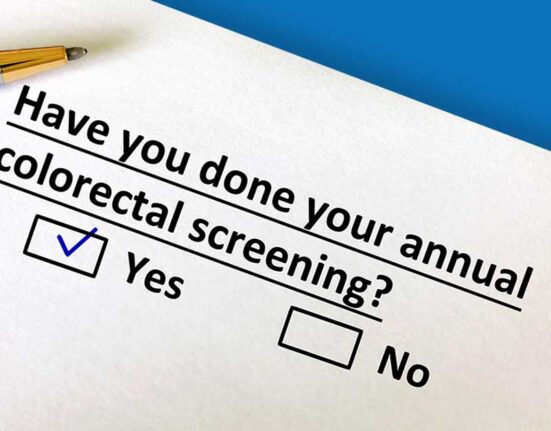Do you have drooping eyelids, excess skin, and puffiness? Upper blepharoplasty may be the procedure to rejuvenate the appearance of your upper eyelids leading to a refreshed and youthful look. In this article, we discuss upper blepharoplasty treatment – what it is, its purpose, procedure, potential side effects, and more.
What Is Upper Blepharoplasty?
Upper blepharoplasty is a surgical procedure that focuses on enhancing the appearance of the upper eyelids. It involves the removal of excess skin, muscle, and fat deposits, as well as the tightening of underlying tissues to restore a firmer and smoother contour to the eyelids. This procedure aims to alleviate common signs of ageing around the eyes, such as sagging skin and hooded eyelids, resulting in a more sharper and youthful appearance.
Who Should Consider This Treatment?
Individuals who experience concerns with the appearance of their upper eyelids may consider upper blepharoplasty as a viable solution. Candidates for this procedure typically include those with drooping eyelids, excess skin that obstructs vision, puffiness, or asymmetry in the upper eyelids. Additionally, those seeking to rejuvenate their overall facial appearance and improve self-confidence may also benefit from upper blepharoplasty.
How Is It Performed?
During the surgery, an anaesthesia will be administered to ensure comfort throughout the procedure. The surgeon will then make discreet incisions along the natural creases of the upper eyelids, allowing for optimal concealment of scars. Excess skin, muscle, and fat are carefully removed, and the underlying tissues may be tightened as needed. Finally, the incisions are meticulously closed, resulting in a smoother and more defined upper eyelid contour.
Are There Side Effects?
While upper blepharoplasty is generally considered safe, like any surgical procedure, it carries potential risks and side effects. Common side effects may include temporary swelling, bruising, discomfort, and dry eyes. In rare cases, complications such as infection, scarring, or changes in eyelid sensation may occur. It is essential for patients to follow post-operative instructions provided by their surgeon to minimise the risk of complications and promote proper healing.
How Much Does It Cost?
The cost of blepharoplasty may vary depending on various factors, including the surgeon’s experience, geographic location, facility fees, and the extent of the procedure required. To know about its associated costs, read our article below.
Consult Our Preferred Doctor In Korea On Your Blepharoplasty
Dr Jeongho Cha is the primary plastic surgeon at Mina Plastic Surgery in South Korea. He belongs to the top circle of plastic surgeons in Korea and is certified by all government approved plastic surgery boards. He is also an international member of The American Society of Plastic Surgeons (ASPS), the largest plastic surgery specialty organisation in the world, which comprises 94% of all board-certified plastic surgeons in the United States. Dr Jeongho Cha is a fluent English speaker with a diverse international clientele, trusted by patients from Japan, Indonesia and Singapore.
Click on the image below to learn more about Dr Cha. Find out if he is the best plastic surgeon for you.
Blepharoplasty services from Dr Jeong Cha you can consider with estimated pricings:
Contact Us To Schedule A Consultation For Blepharoplasty
If you are considering upper blepharoplasty or have any further questions about the procedure, we encourage you to contact us and schedule a consultation with Dr Jeongho Cha. We are dedicated to helping you achieve your aesthetic goals and look forward to assisting you on your journey to a more youthlepharopful appearance.
Other Topics You Might Be Interested In
Protect against cancer, cardiovascular disease, and other chronic diseases with regular health screening. Compare and shop for health screenings from Singapore and regional healthcare providers at a single convenient platform - shop.health365.sg
This article is informative only and is not intended to be a substitute for professional medical advice, diagnosis, or treatment, and should never be relied upon for specific medical advice.



























































